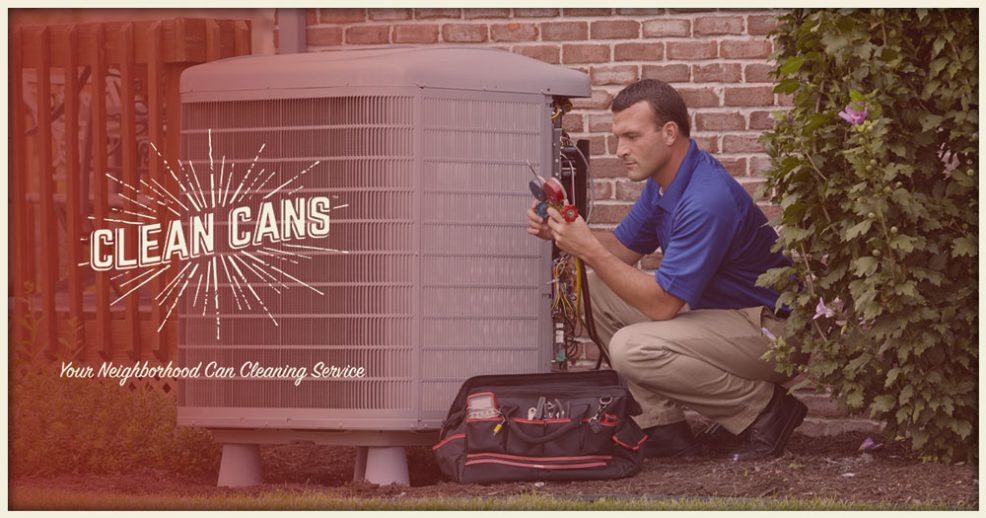If your air conditioner needs frequent repairs, it’s not always easy to know if you should continue scheduling them or replace the unit altogether. While purchasing a new cooling system costs more, it’s important to look at the long-term return on investment. On the other hand, committing to preventive maintenance and promptly addressing any performance issues may extend the life of your existing unit.
Let’s face it, Summer will be upon us before we know it and the impending BBQ season will bring the hollers of ‘did you close the patio door?!’ as family members move in and out of your home. All the more reason to ensure that your air conditioning system is running efficiently and not driving up your home energy costs!
As you consider whether to repair or replace your air conditioner, keep these six factors in mind:
1. Age of the Unit
Energy Star, a voluntary labeling program operated by the Environmental Protection Agency (EPA), recommends replacing air conditioners that are more than 10 years old. According to the EPA, newer units are more efficient and can save you at least 20 percent on your cooling bills, which allows you to break even on your purchase within the first few years. You may also qualify for a tax credit by upgrading to a more efficient model.
2. Warranty
Your current air conditioner may still be under warranty from the original manufacturer, which would cover some or all of the repair work the unit needs. If you do decide to retire your old air conditioner, be certain to ask how long the warranty is on the new unit. You will feel more comfortable making a purchase when you know that you won’t have to spend a lot of money in repairs right away.
3. Cost of Repairs
You should always request a cost estimate before agreeing to any repair work as well as price new units for comparison purposes. If the expense of the repair is less than 50 percent of the cost of replacement, it would be more economical to keep the air conditioner that you have.
4. Operation Costs
One sure sign that your air conditioner is becoming less efficient is when the cost to cool your home or business continues to increase regardless of how much you use the unit. Slight variations are normal due to heavier use some months or price increases from the utility company, but a consistent pattern of increasing costs indicates that you should replace the unit soon.
5. Type of Coolant
Most older units use R-22 coolant, which the EPA currently limits to make room for the more environmentally friendly R-410A. You won’t be able to buy R-22 coolant at all after 2020. The longer you keep an air conditioner that requires R-22 coolant to operate, the more challenging and expensive it may be to keep it functional. R-410A is more efficient, less costly, and is safer for the environment.
6. Unequal Distribution of Cool Air
Another sign of air conditioner inefficiency is when some rooms of your home or office feel too cold, others feel too warm, and still others are just about right. A properly operating system should distribute the cool air evenly throughout the property. If this continues to happen after several repairs, replacement may be the better option.
If you’re still not sure whether to repair or replace your air conditioner, the EPA has additional helpful resources on its website.

